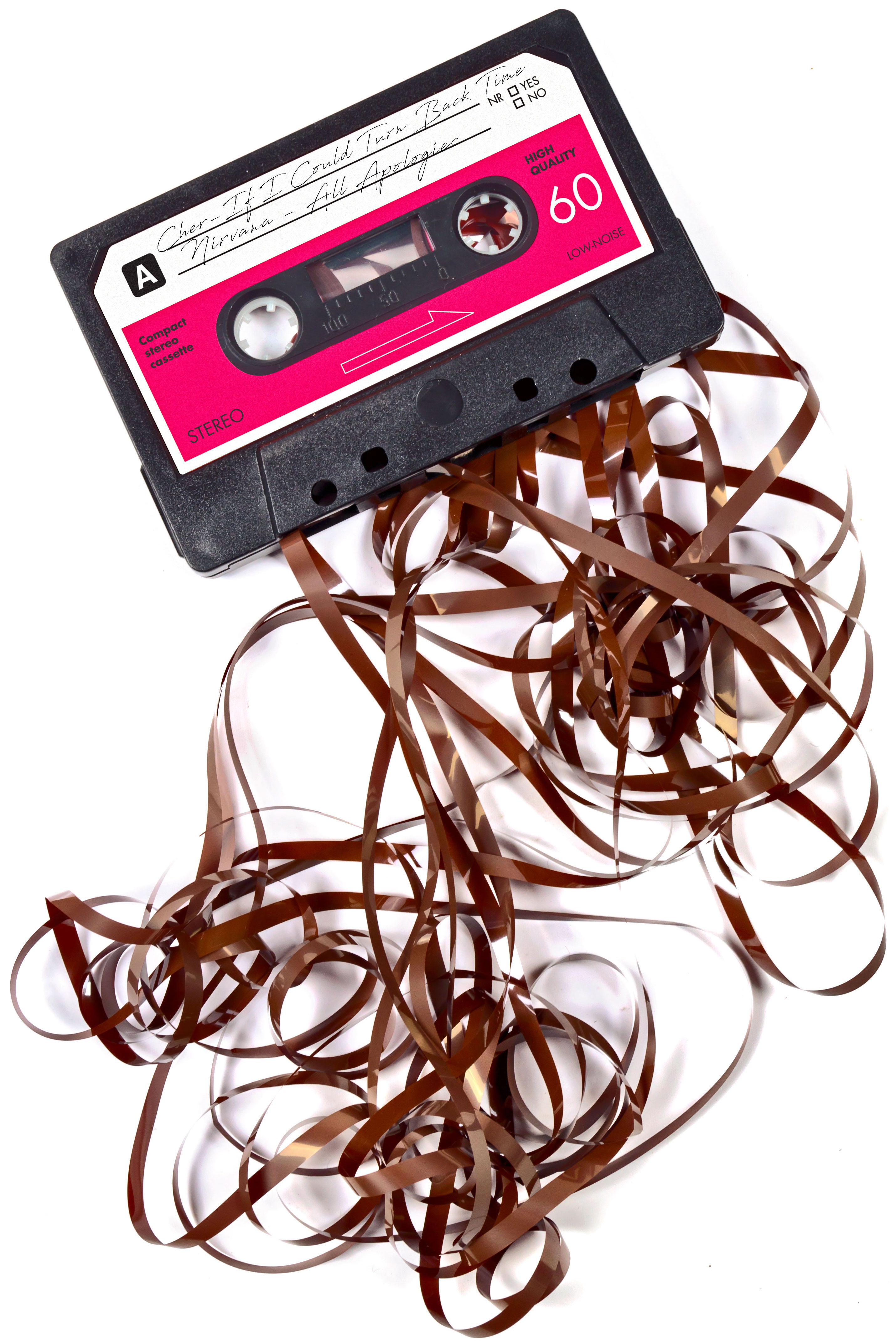
O-Oh!
We could not find the page you requested.
Error message: 404 page not found
Please use the main navigation page to select other content, try entering a search term, or switch to the homepage.
Any questions, tips, praise or criticism? Your feedback helps us to make CeDe.ch even better. That's why we are pleased to receive every message and answer all our emails quickly, competently and willingly. Thank you!
Top service and free shipping since 1997

Error message: 404 page not found
Please use the main navigation page to select other content, try entering a search term, or switch to the homepage.